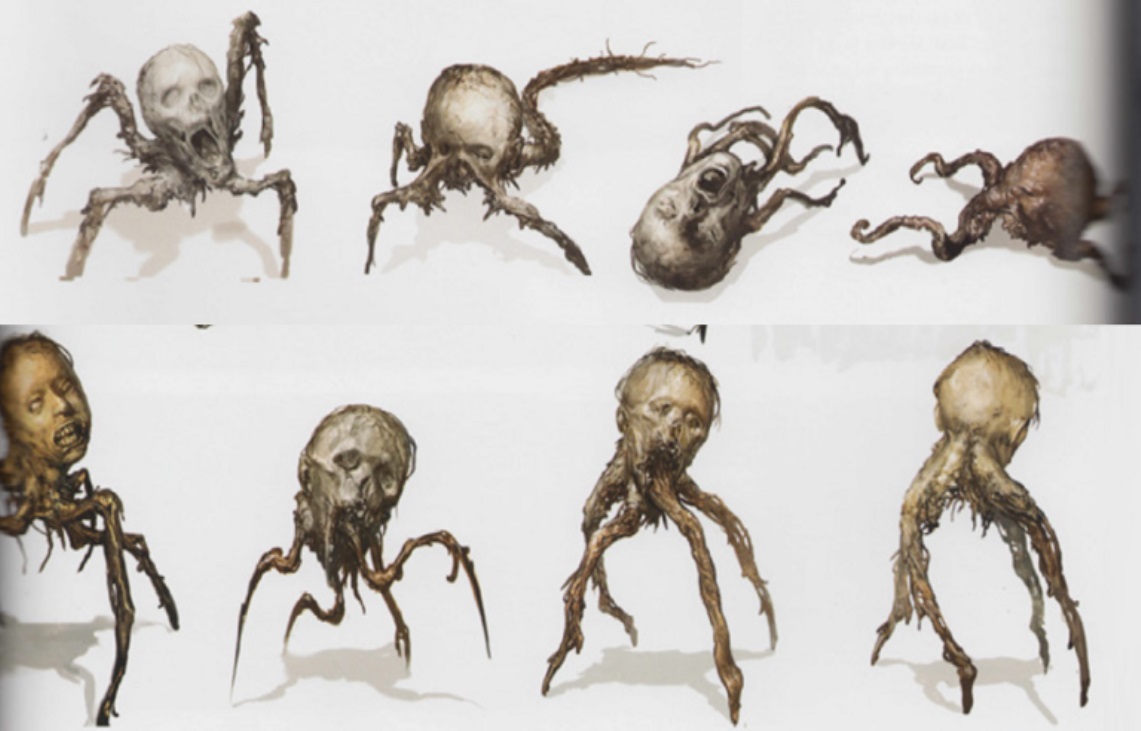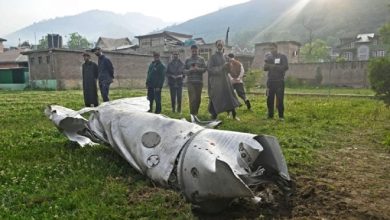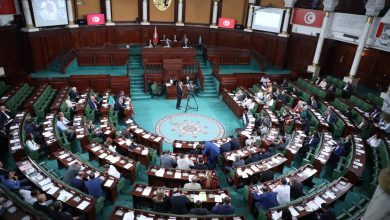Unveiling Extraterrestrial Threat: Mutated Bacteria Found on the International Space Station

Watan-The Russian newspaper “kp.ru daily” reported that space travelers have discovered a new type of bacteria on the International Space Station. These bacteria have the potential to wipe out humanity from the face of the Earth altogether. Moreover, these extraterrestrial bacteria cannot be killed, and they assist other bacteria in surviving.
According to a report by “Yevgeny Arseyukhin,” space travelers removed a foul-smelling substance from the wall of the International Space Station and examined it. It turned out to be highly dangerous mutated bacteria with terrifying characteristics.
Scientists explain that the closed environment of the International Space Station, with harsh conditions such as microgravity, high levels of carbon dioxide, and increased radiation, requires careful control of microbial properties to maintain the health of space travelers.
Mutated Bacteria
NASA reported that space has produced a new form of life right before our eyes. Space travelers removed a foul-smelling substance from the wall of the International Space Station and examined it.
It turned out to be mutated bacteria that appeared in space outside of Earth. They possess extremely frightening characteristics.
According to the source, five years ago, space travelers discovered a large colony of Enterobacter bugandensis bacteria on the International Space Station, which causes gastrointestinal diseases.
The results appeared in samples taken from the toilet and the gym area, closer to human sweat and other secretions.
The terrifying aspect of this bad news is that these bacteria are difficult to kill and are resistant to most antibiotics. However, according to doctors, they are not infectious or harmful to humans.
A scientific study suggests that the mutated bacteria discovered differ genetically and functionally from their Earth counterparts.
The source continues that these bacteria have now become capable of surviving in the most challenging conditions and proliferate well in the space station. But what’s most astonishing is that they have developed something akin to consciousness. After learning how to survive on their own, they assist other bacteria in survival.
Researchers quickly discovered how they do this. But why they need to do this, and more importantly, how microscopic organisms arrived at the idea of cooperation for mutual assistance, is a complete puzzle.
The study, in response to these questions, suggests that the goal of the bacterial community is to reproduce in the space station and displace humans from there. Therefore, it is beneficial for space bacteria to evolve not only themselves but also their “allies.”
In a laboratory experiment, scientists placed the bacteria in a test tube with insects that cannot be easily killed, and all the insects died. Doctors say if they reach Earth, it’s a catastrophe. Antibiotics are ineffective, and diseases can be extremely serious, such as infections in newborns.
Dirty Space
Orbital stations are extremely dirty places. Bacteria reach them in two ways. First, when the spacecraft itself is launched. Despite “clean rooms” and other precautions, tens of thousands of microorganisms penetrate space between planets. Secondly, and most importantly, with the astronauts themselves.
Humans carry bacteria within themselves, and nothing can be done about it. As long as we’re on Earth and in good health, we’re in balance and coexist peacefully. It’s different in space.




